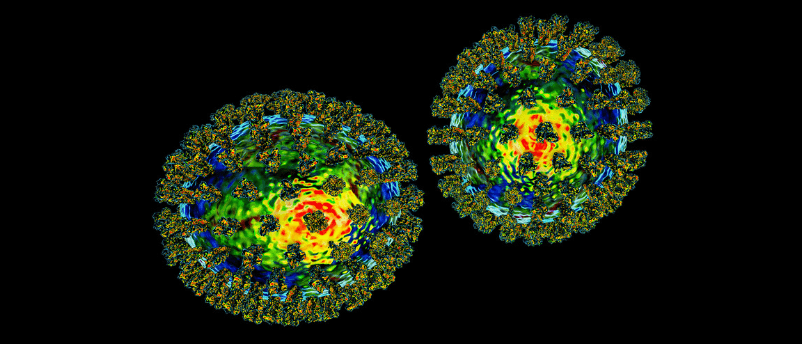Multiparameter flow cytometry as a powerful tool in drug development

Available on demand
w
Multiparameter flow cytometry has been used extensively for cell analysis in drug development. Although this technology has been around for decades, it’s now being used to analyze a variety of newer therapeutic modalities. Flow’s ability to characterize complex cell populations supports the measurement of pharmacodynamic biomarkers, which can inform dosing strategy, efficacy and safety. It can be used for cell-based potency and efficacy assays and to assess immunogenicity for cell therapies where plate-based assays are not feasible. This webinar will cover the applications of multiparameter flow cytometry in drug development and how this technology provides critical information in support of drug development.
What will you learn?
- How multiparameter flow cytometry works
- The role of multiparameter flow cytometry in drug development
- Real-world applications of multiparameter flow cytometry in drug development
Who may this interest?
- Translational scientists
- Bioanalytic scientists
- Clinical pharmacologists
- Individuals working in clinical operations
Speakers

Lynn Kamen Ph.D.
Scientific Officer and Executive Director
BioAgilytix (NC, USA)
Lynn Kamen is a Scientific Officer at BioAgilytix (NC, USA). She earned her Ph.D. in Immunology at the University of Michigan (MI, USA) and completed a postdoctoral fellowship in Immunology at the University of California San Francisco (CA, USA). Lynn has over a decade of experience working in drug development, from early target discovery through to clinical development for both large and small molecules at several companies, including Portola Pharmaceuticals and Alector (both CA, USA). More recently, Lynn was a Principal Scientist at Genentech (CA, USA), where she supported the in vitro biological characterization of large molecules and led the development of immunogenicity assays, including anti-drug antibody (ADA), neutralizing antibody (NAb), and immunogenicity risk-ranking assays. She is the co-lead of the AAPS NAber working group and member of the AAPS NAb drug tolerance sub-team.

Michael A Podolsky Ph.D.
Manager I
BioAgilytix
Michael Podolsky serves as the Manager of the Flow Cytometry and Cell-Based Assays group at BioAgilytix Boston. He earned his Ph.D. in Immunology and Infectious Diseases at The Pennsylvania State University (PA, USA) where he studied the interactions of T and B lymphocytes in cutaneous tumors. As a postdoctoral fellow at the Children’s Hospital of Philadelphia (PA, USA), he studied B cell development and leukemia generation. In his 12 years in the field, Michael has developed and implemented assays for cell development, phenotyping and functionality using a variety of techniques across multiple technologies. Michael’s team uses flow cytometry among other platforms to assess the efficacy and safety of emerging therapeutics under good practice (GxP) regulations.

Jing Yu MS
Manager I
BioAgilytix
Jing joined BioAgilytix in 2021 as a Manager on the cell-based team and has more than 15 year’s of experience in flow cytometry. Over the past eight years, she has worked in CRO labs leading flow cytometry assay development, optimization and validation to support many clinical trials. Jing holds ASCP certifications in Molecular Biology, Flow Cytometry, Histology, and Immunohistochemistry and received her M.S. degree from Oklahoma State University (OK, USA).

Aaron Ochel Ph.D.
Principal Investigator
BioAgilytix
Aaron earned his Ph.D. from Helmholtz Center for Infection Research/ University of Braunschweig (both: Braunschweig, Germany). He joined BioAgilytix in 2020 as an Associate Principal Investigator and is responsible for scientific project management including method development, assay qualification, and validation of cell-based assays to measure immune responses against drugs and in response to drug treatment. He is also the primary contact for sponsor communication. Aaron has published peer-reviewed articles on cellular immunology to understand and decipher the causes of acute and chronic inflammation.
This webinar was recorded on 30 March 2023.
In association with

